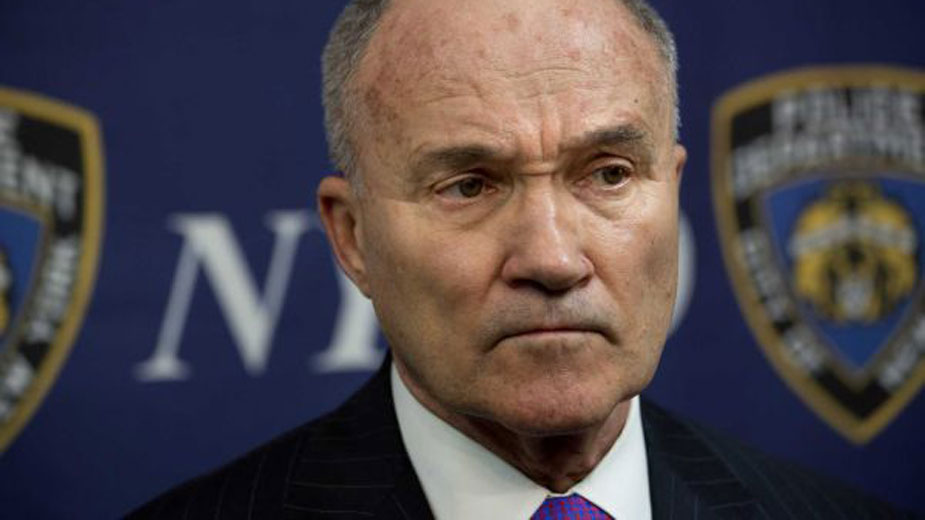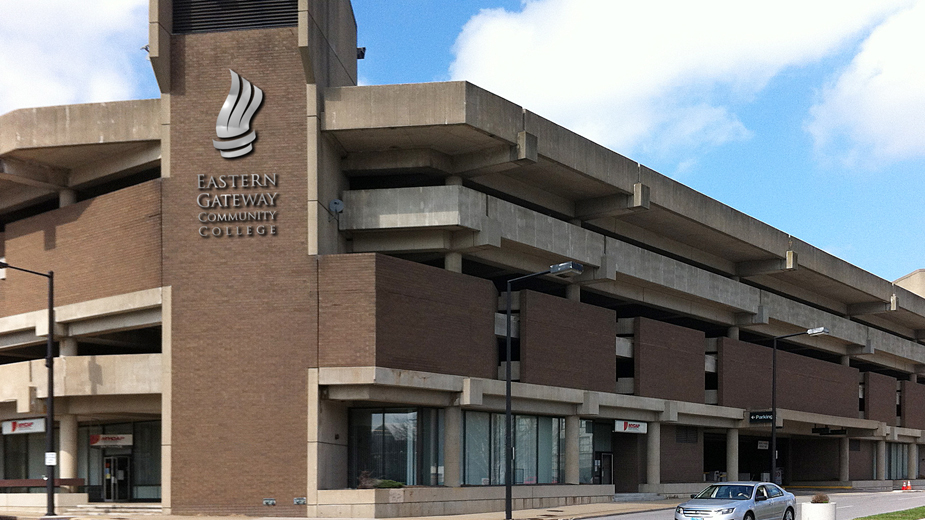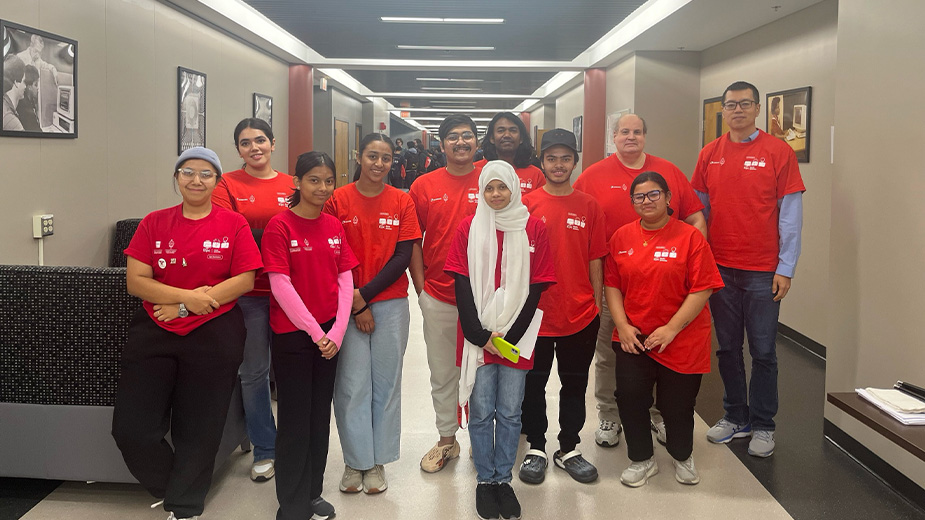Ray Kelly Promotes His Memoir at Skeggs Lecture
YOUNGSTOWN, Ohio – Ray Kelly, longest-serving police commissioner in the history of New York City and a highly and much praised authority on security and combating terrorism, used his appearance at Stambaugh Auditorium Tuesday night to promote his memoir, Vigilance, which came out last September.
Youngstown State University billed his appearance as delivering this academic year’s Skeggs Lecture. But in a departure from all previous speakers since 1966, Kelly sat on the stage with Adam Earnheardt, chairman of the department of communication, as Earnheardt clicked slides of the photographs in Kelly’s 328-page book. He gently prompted the former commissioner to inform the audience of 500 what each photo was about.
Even before Earnheardt and Kelly took the stage, the house lights dimmed to show a glowing video introduction that included a profile aired on CBS’ “60 Minutes.” Then YSU President Jim Tressel introduced Kelly and noted that the author had mentioned him on page 252.
After Kelly’s appearance, he went downstairs to autograph Vigilance for those who bought copies.
Kelly indeed has an impressive resume and has enjoyed a distinguished career. An overachiever, he has worked tirelessly in the service of his country and New York City, often absent from the waking lives of his family. That service “took a toll on my family because I wasn’t around,” he said.
He graduated first in his class of 1,800 at the New York Police Academy, earned his juris doctorate at night – Monday through Friday – and during the summers, all the while serving in the Marine Corps Reserve and working full-time as a police officer.
Following the footsteps of two older brothers, Kelly enlisted in the Marines and saw combat in Vietnam before entering the police academy. In Vietnam, he said, “I lost a good portion of my hearing.”
Thus it was poignant when the last member of audience to pose a question, a deaf woman, asked what police are doing to work better with the deaf, whether they are victims of a crime, potential witnesses, or can’t hear a policeman’s order to stop.
As with the previous questions, Kelly had to ask Earnheardt to repeat it before responding, “Not enough” and that more needs to be done. “I read lips a lot,” he added.
The thrust of Kelly’s remarks centered on broad themes needed to improve police training and safeguard the United States.
He believes all people commissioned a police officer should hold a baccalaureate. Police work, he stated, “is not a blue-collar job.”
Policemen and policewomen should be familiar with computer technology and have good communication skills, Kelly said. They must be able to converse with members of the communities they serve and patrol, understand their dialects, slang and values.
When Mayor Michael Bloomberg asked Kelly to become New York City police commissioner a second time in 2002 – he had served briefly in that role under David Dinkins – the police department was still using carbon paper and Wite-Out correction fluid, he said. Kelly was able to have 25,000 new computers installed within the department and begin to build a database. “The more quickly you can get information into cops’ hands,” he said, “the more effective they’ll be.”
Earnheardt asked about the role of social media, especially Twitter, in policemen’s ability to do their jobs. “You just don’t do it,” Kelly responded. Police must be careful about what they tweet, because some information and observations – which he called “Rosario information” could prejudice the prosecution of the accused and lead to dismissal of the charges.
Kelly also told about the measures the police department took to protect well-known people who visit New York City, such as Pope Benedict XVI. While the Washington, D.C., police had allowed the window of the pope’s car to be open when he visited that city, Kelly ordered the New York security detail, “Keep the windows on the pope mobile closed!”
New Year’s Eve is another busy time when tourists and residents crowd Times Square. The real number of people in the streets to watch the ball drop is closer to 200,000, not the million that celebrity hosts report on television.
Moreover, after the ball has fully dropped, the square empties quickly, he said, because most have been standing in cold weather for hours – and because many are looking for a restroom.
Despite the anti-Muslim sentiments many Americans express, Kelly won’t have any of it. A thousand Muslims serve on the NYPD, he said, and many New York City policemen can speak Arabic. He himself has held town halls in New York City mosques to listen to Muslims’ concerns and explain what the police department is doing to make the city secure.
Kelly listened impassively to the second member of audience to approach the microphone. The man, who did not give his name, urged Kelly and other speakers to call Muslim terrorists “irjeff” – the man spelled it out – instead of jihadists. Irjeff, the man said, means “despised criminal in this world and the next.” Jihad translates simply as struggle.
Copyright 2024 The Business Journal, Youngstown, Ohio.



